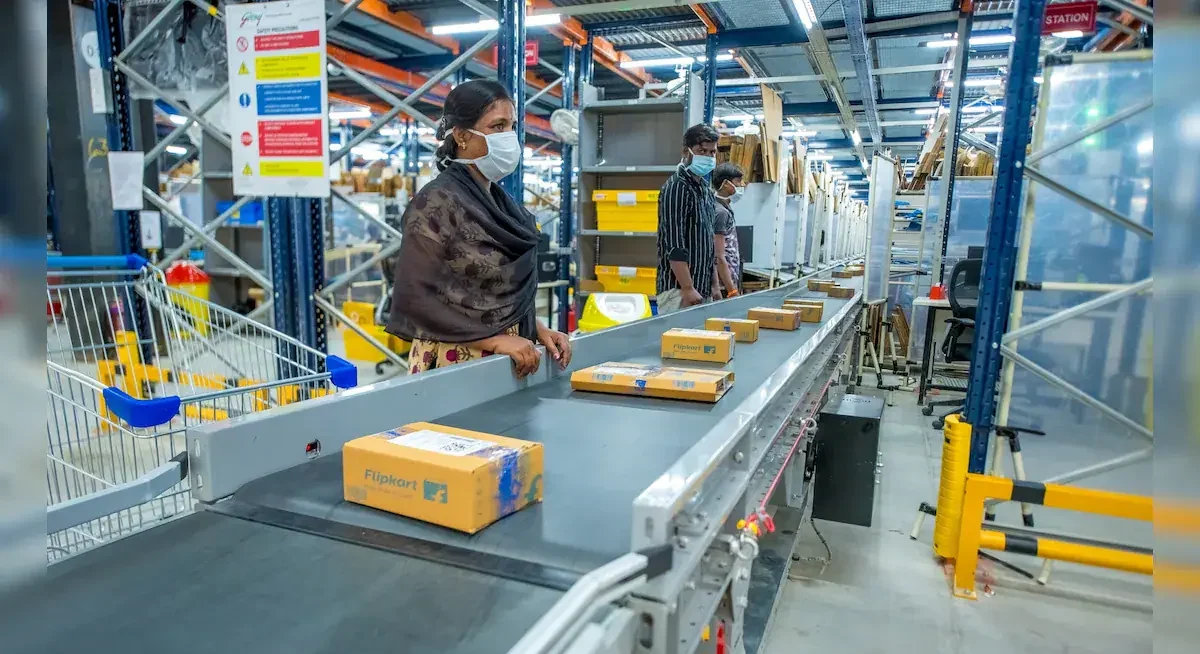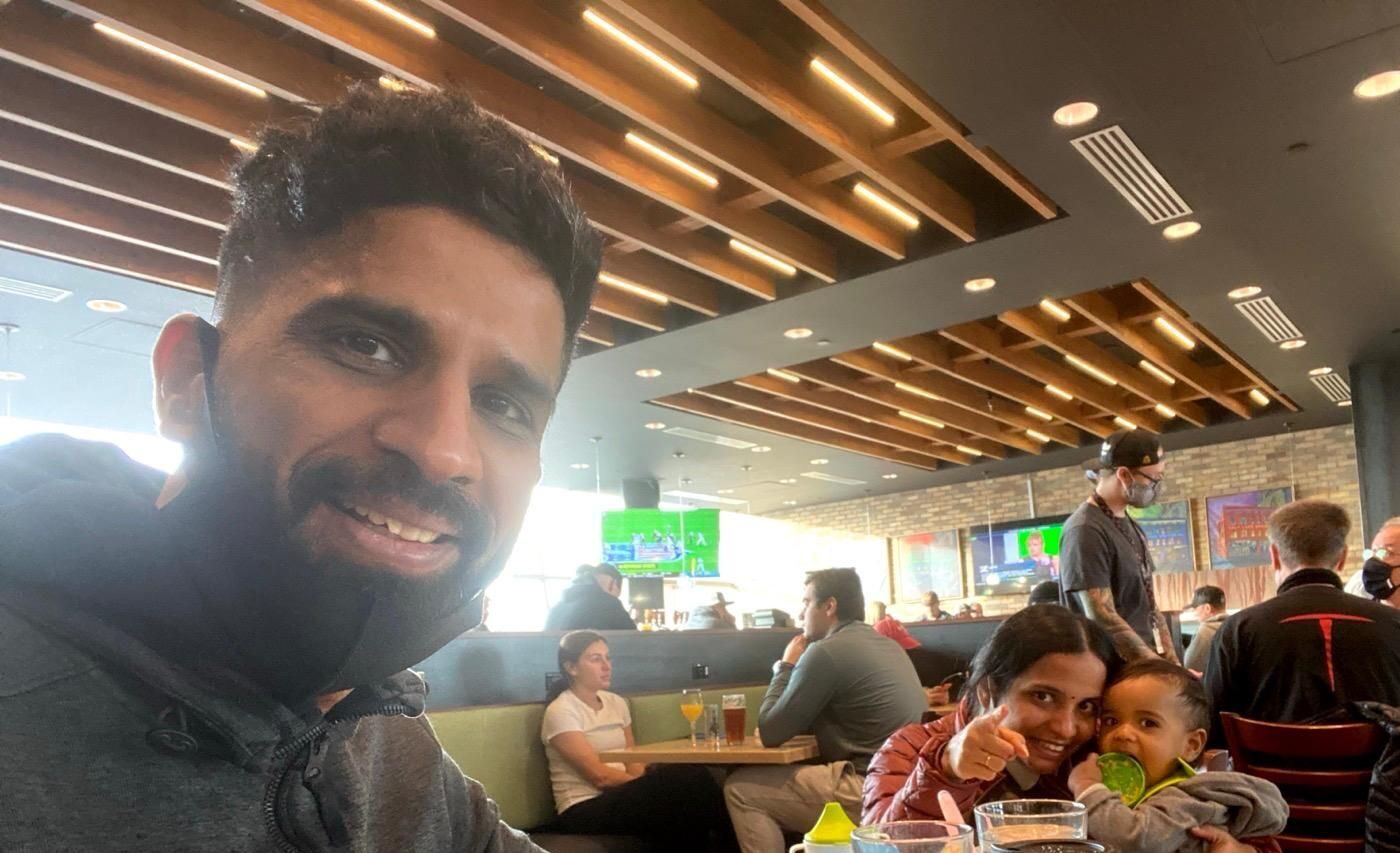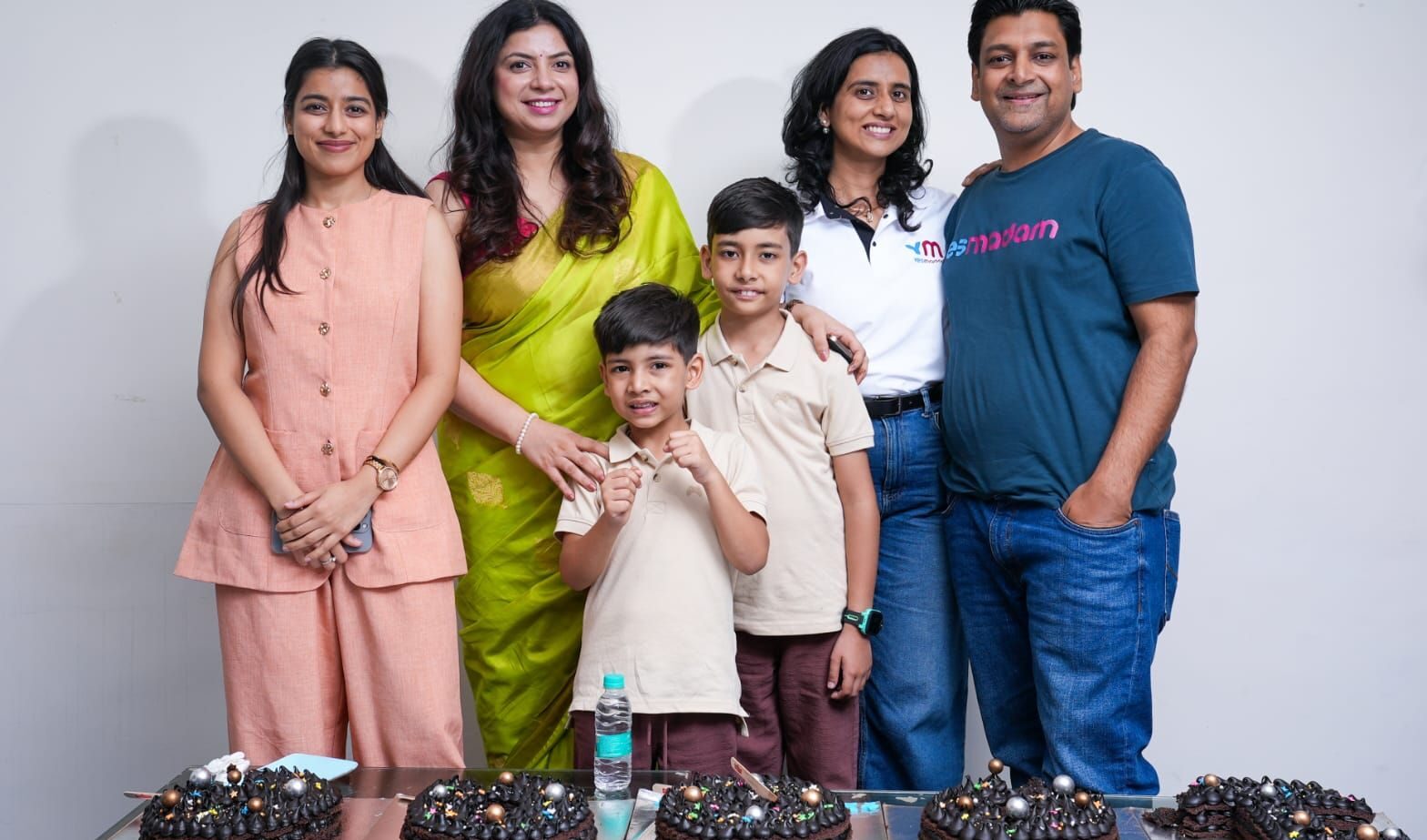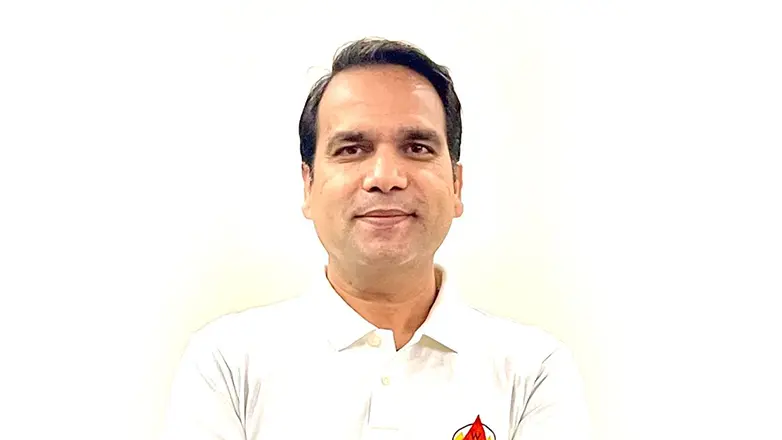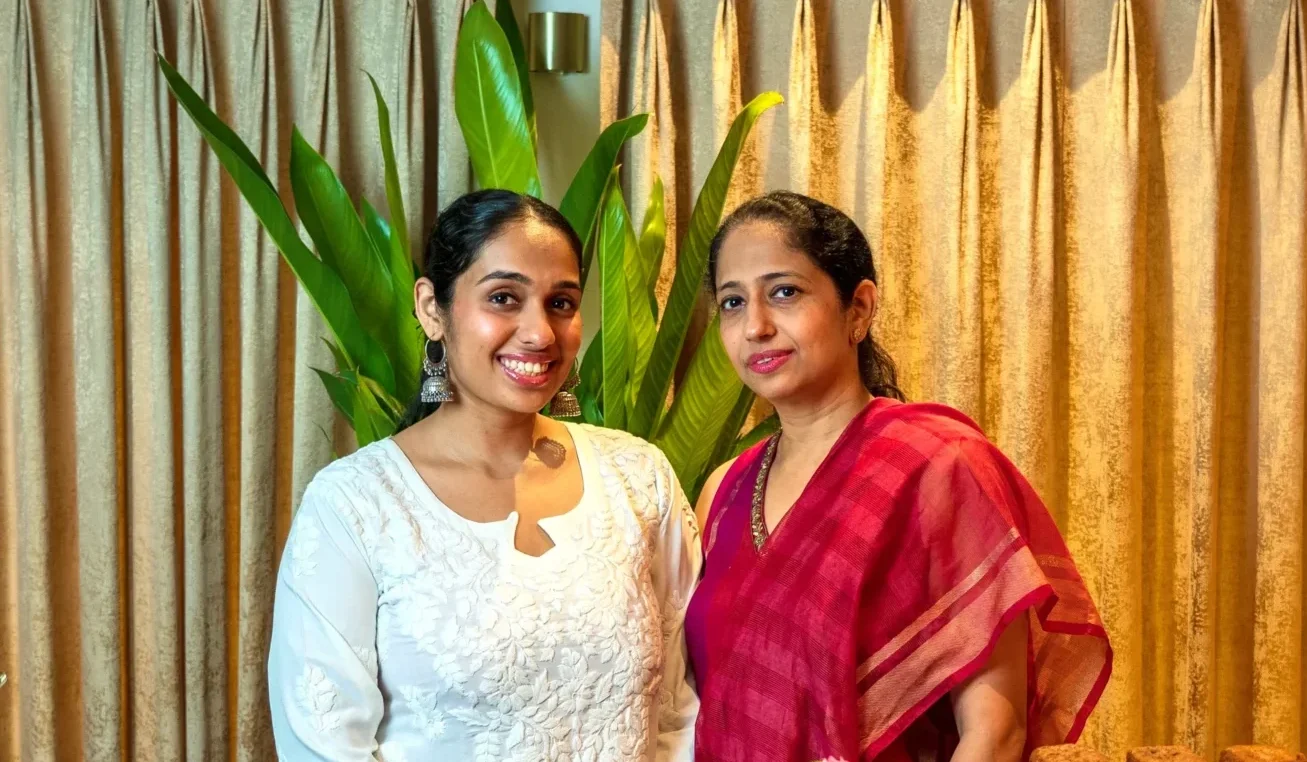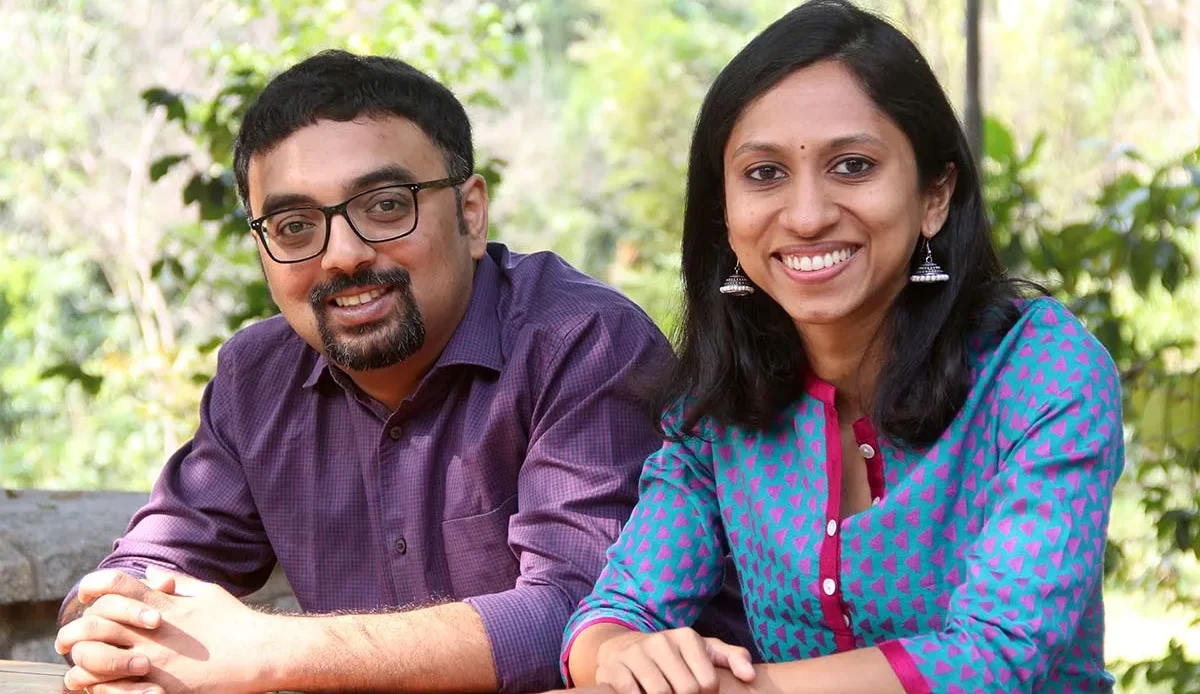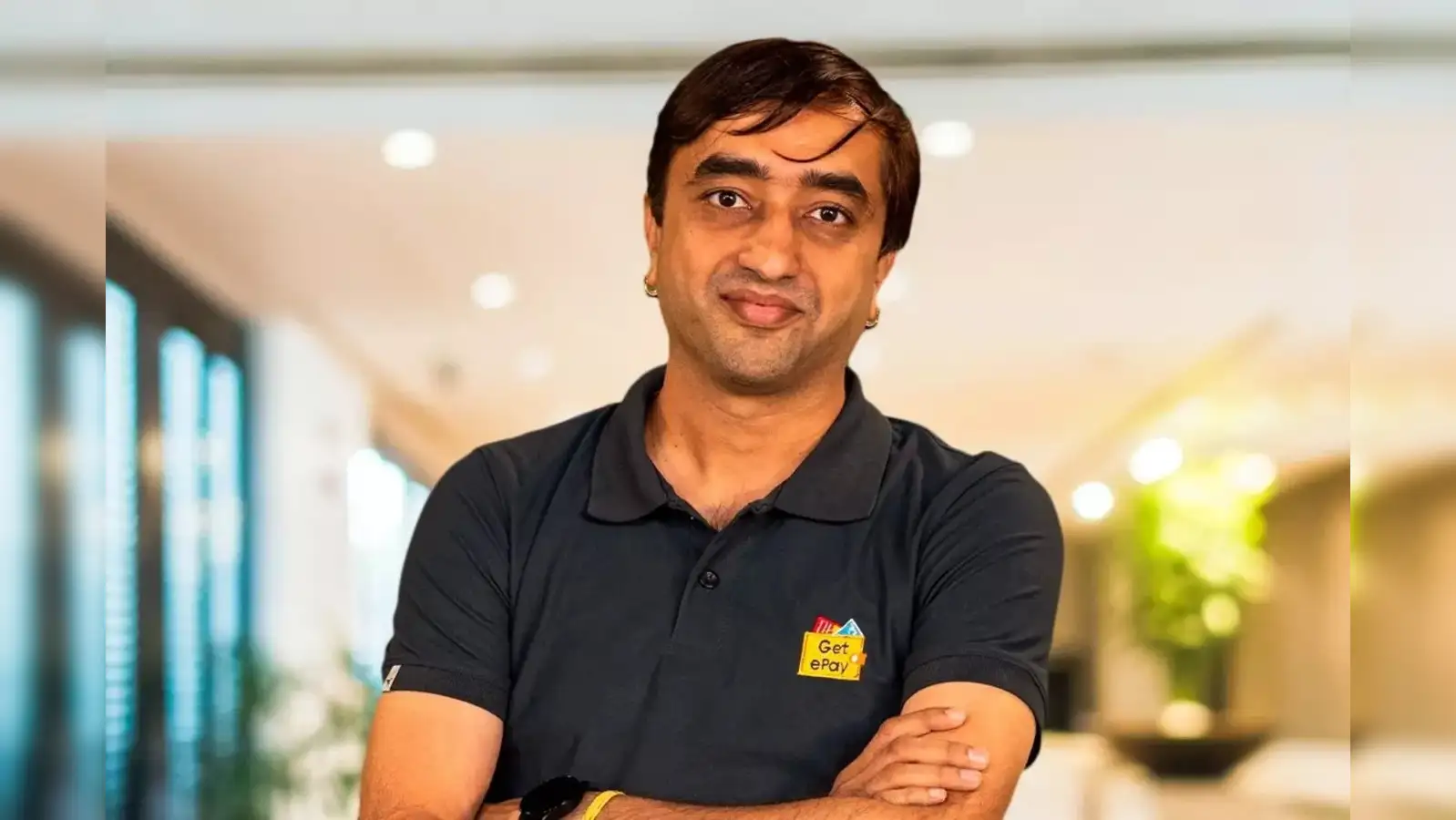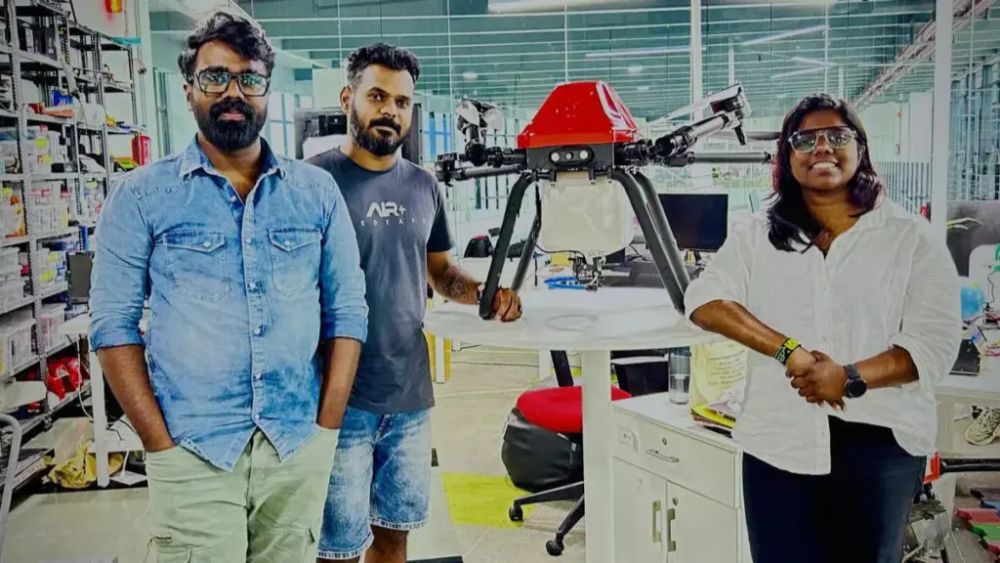India’s “sandwich generation”, adults typically aged 35 to 54 , who are simultaneously responsible for supporting their aging parents and their own dependent children. This dual role of providing financial and emotional care places them in a unique and often stressful position, as they are “sandwiched” between two generations needing care and support.
Who Are They?
The sandwich generation refers to those who are financially and emotionally responsible for two generations of dependents: their children and their elderly parents.
This phenomenon has grown in India due to increasing life expectancy, delayed marriages, and later childbearing. According to recent surveys, over 60% of this group worry that their savings and investments are never enough for the future.
Daily Life: Juggling Acts and Emotional Tolls
A normal day for people that fall under this category includes taking their aging parents to the doctor, handling work deadlines and then helping their kids at homework.
This multitasking often leads to burnout and a sense of guilt-43% say they can’t enjoy anything they buy, feeling they should be saving more for their family’s future.
Financial Pressures and Goals
The sandwich generation’s financial challenges are
- Rising Costs: Healthcare, education, and daily living expenses are at all-time highs, leading to heavy reliance on credit cards and loans.
- Premature Liquidation: Many are forced to tap into long-term investments early, especially to cover medical emergencies.
- Average Income: Their average monthly household income ranges from ₹1,00,000 to ₹2,50,000, but double responsibilities make it difficult to enjoy their earnings.
- Short-term vs. Long-term Goals: While they aspire to provide a good standard of living and take family vacations, their long-term goals include saving for children’s marriages, retirement, and continued family travel.
Economic Impact
Despite their struggles, the sandwich generation is an important force in India’s economy. They are major contributors to the ₹372-billion healthcare sector and the ₹117-billion education market, driving demand in real estate, retail, and technology. Their spending habits shape consumer trends, even as they struggle to balance immediate needs with long-term planning.
Policy and Workplace Responses
India’s policy framework is only beginning to catch up. While tax deductions exist for medical insurance, advocates call for more benefits to cover home care and education costs.
Some progressive companies now offer eldercare leave, flexible work arrangements, and caregiver support groups, recognizing the need to support employees through these predictable life stages.
Lessons and the Road Ahead
Their struggles calls for the urgent need for:
- Better financial literacy and planning resources
- Expanded government and workplace support for caregivers
- A shift in societal attitudes to reduce stigma around professional elder care
As India’s population ages and family structures evolve, supporting the sandwich generation is not just a matter of compassion-it’s an economic and social imperative.
“The sandwich generation phenomenon isn’t disappearing anytime soon, but with awareness, innovation, and support, we can transform this challenge from an individual family burden to a shared social responsibility-supporting both our cultural values and our human limitations.”
ALSO READ : The Pickleball Wave : ₹1 Cr Revenue & 6X Growth in a Year!












